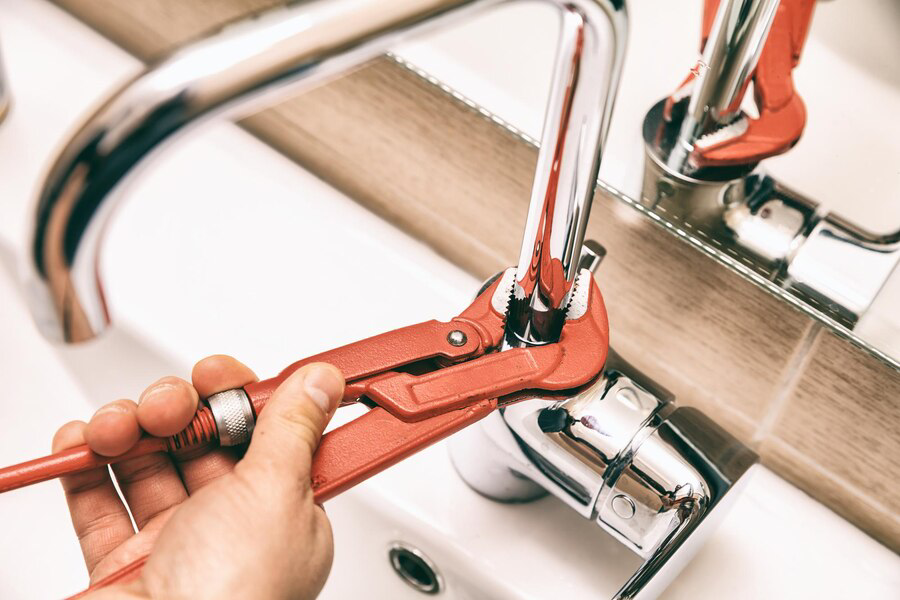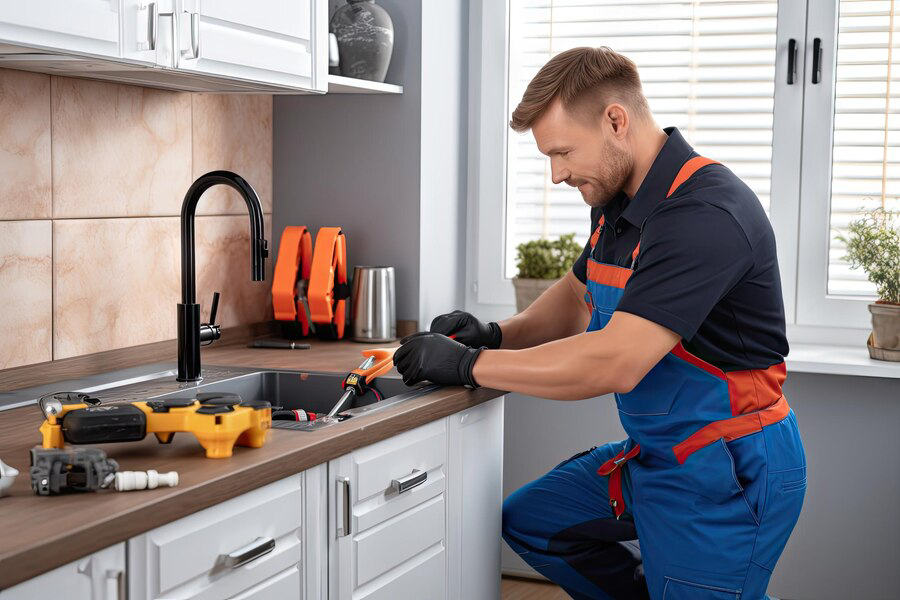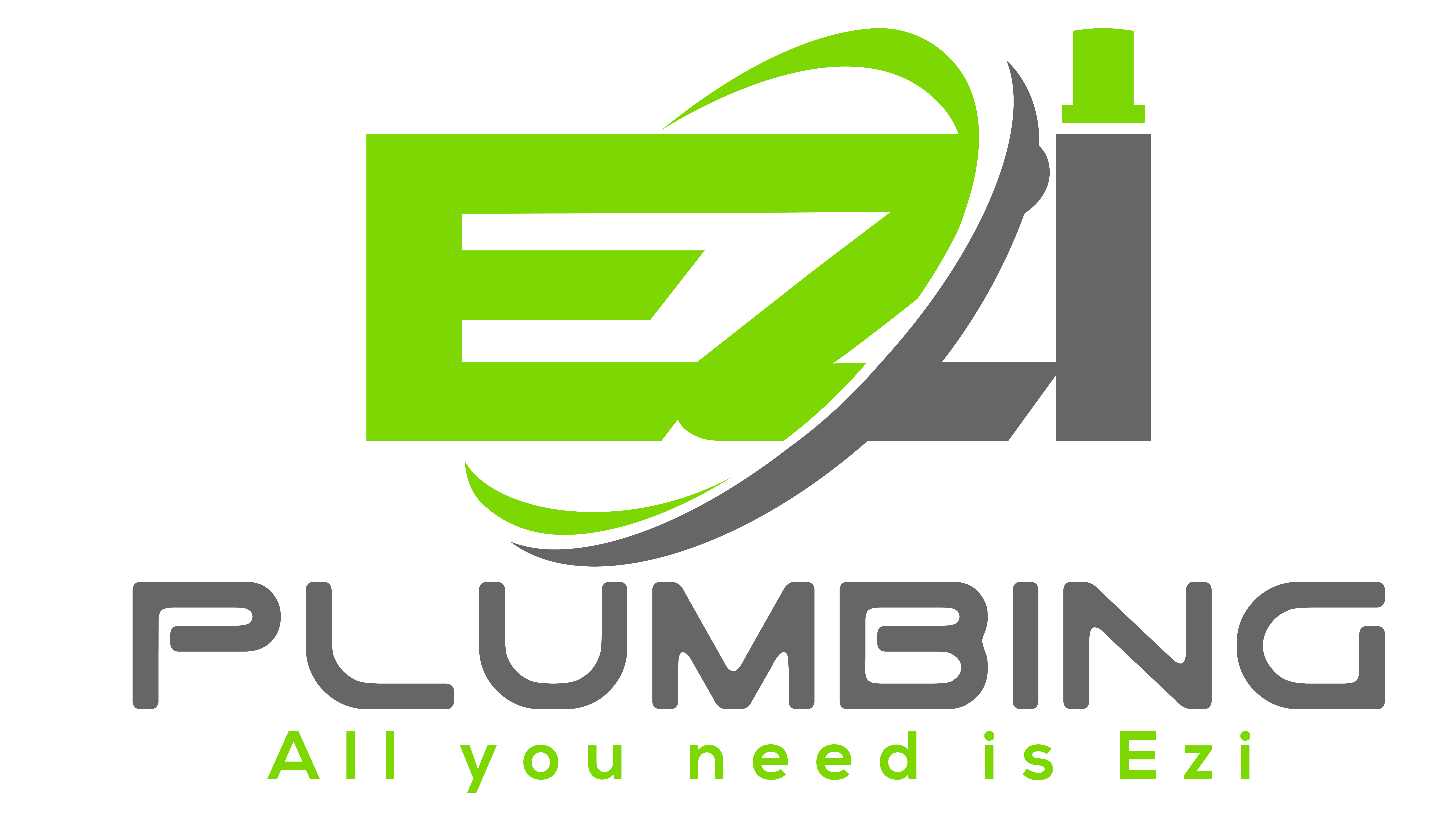Plumbing is an essential aspect of any home, ensuring the smooth flow of water and proper drainage. However, behind the scenes, there are intricate regulations and standards governing plumbing systems that every homeowner should be aware of. Enter plumbing codes – the often overlooked but crucial guidelines that dictate how plumbing systems should be installed, maintained, and repaired.
In this comprehensive guide, we delve into the world of plumbing codes, shedding light on what they are, why they matter, and how they impact your home. Whether you’re a seasoned homeowner or a first-time buyer, understanding these codes is paramount for ensuring the safety, functionality, and legality of your plumbing infrastructure.
Join us as we unravel the complexities of plumbing regulations, demystify common misconceptions, and equip you with the knowledge needed to navigate plumbing projects with confidence. From basic principles to practical tips, this exploration of plumbing codes promises to empower you in safeguarding your home’s most vital systems.
The Importance of Plumbing Codes: Protecting Your Home and Family
Plumbing is a vital aspect of every home, responsible for supplying clean water and safely disposing of waste. However, the complexity of plumbing systems and the potential for hazards underscore the importance of plumbing codes. These codes are not arbitrary rules but rather essential guidelines designed to protect your home and family. In this article, we delve into why plumbing codes are crucial for homeowners and how they contribute to safeguarding your household.

Understanding Plumbing Codes
Plumbing codes encompass a set of regulations established by local, state, and national authorities to govern the design, installation, and maintenance of plumbing systems. These codes cover various aspects, including pipe materials, fixture placement, drainage requirements, and ventilation standards. While compliance with plumbing codes may seem like an inconvenience, it serves a fundamental purpose: ensuring the safety, efficiency, and longevity of your plumbing infrastructure.
Protecting Against Hazards
One of the primary objectives of plumbing codes is to mitigate potential hazards within the plumbing system. For instance, codes mandate proper venting to prevent the buildup of harmful gasses like carbon monoxide. Similarly, regulations on pipe materials and sizing help prevent leaks, bursts, and contamination of the water supply. By adhering to these codes, homeowners can minimize the risk of plumbing-related accidents, such as flooding, water damage, or exposure to hazardous substances.
Safeguarding Water Quality
Plumbing codes play a crucial role in safeguarding water quality and public health. Regulations governing the installation of backflow prevention devices prevent the contamination of potable water sources by ensuring that wastewater does not flow back into the drinking water supply. Additionally, codes stipulate standards for the installation of water treatment systems and the use of lead-free materials to protect against harmful pollutants and ensure access to clean, safe drinking water.
Preventing Structural Damage
Compliance with plumbing codes helps prevent structural damage to homes and buildings. Proper drainage and sewage disposal systems prevent water from pooling around foundations, which can lead to soil erosion, foundation cracks, and structural instability. Additionally, regulations on pipe insulation and protection against freezing help prevent burst pipes during cold weather, minimizing the risk of water damage and costly repairs.

Ensuring Legal Compliance
In addition to protecting your home and family, adherence to plumbing codes is often a legal requirement. Building codes typically mandate that plumbing work be performed by licensed professionals and inspected by authorized officials to ensure compliance with relevant regulations. Failure to comply with plumbing codes can result in fines, penalties, or the inability to obtain insurance coverage for plumbing-related incidents.
DIY Plumbing Projects and Code Compliance: Tips for Homeowners
Are you considering taking on some plumbing tasks around your home? Whether it’s fixing a leaky faucet, installing a new sink, or replacing a toilet, embarking on do-it-yourself (DIY) plumbing projects can be a rewarding experience. However, it’s essential to understand that plumbing work is subject to building codes and regulations to ensure safety, functionality, and compliance with standards. In this guide, we’ll provide you with valuable tips for tackling DIY plumbing projects while maintaining code compliance.
- Educate Yourself: Before diving into any plumbing project, take the time to educate yourself about the relevant plumbing codes and regulations in your area. These codes dictate everything from pipe sizing and venting requirements to fixture placements and drainage systems. You can usually find this information through your local building department’s website or by consulting with professionals in the field.
- Obtain Necessary Permits: Many plumbing projects require permits from your local building authority before you can begin work. While it may seem like an extra hassle, obtaining permits ensures that your project meets safety standards and is inspected by qualified professionals. Failing to obtain the necessary permits can result in fines or even having to undo your work.
- Plan Your Project Carefully: Proper planning is crucial for the success of any DIY plumbing project. Take accurate measurements, create detailed sketches or plans, and make a list of all the materials and tools you’ll need. By planning ahead, you can avoid common mistakes and minimize the risk of code violations.
- Use Quality Materials and Tools: When it comes to plumbing, quality matters. Invest in high-quality materials, such as copper or PEX piping, brass fittings, and durable fixtures, to ensure longevity and reliability. Additionally, make sure you have the right tools for the job, including pipe cutters, wrenches, and sealants.
- Follow Manufacturer Instructions: Whether you’re installing a new water heater or a shower valve, always follow the manufacturer’s instructions carefully. These instructions typically include important details regarding installation, maintenance, and safety precautions. Deviating from these instructions can lead to performance issues and may void warranties.
Conclusion
EZI Plumbing, we recognize the paramount importance of understanding plumbing codes for homeowners in Chain Valley Bay, NSW, Australia. Our commitment to providing essential knowledge empowers homeowners to navigate the complexities of plumbing regulations with confidence and clarity. By equipping homeowners with this understanding, we strive to foster safer, more compliant, and efficient plumbing systems within our community. With our dedicated support and expertise, homeowners can confidently maintain their properties in accordance with established codes, ensuring the longevity and integrity of their plumbing infrastructure. For inquiries or assistance, please contact us at +61 448467788.

